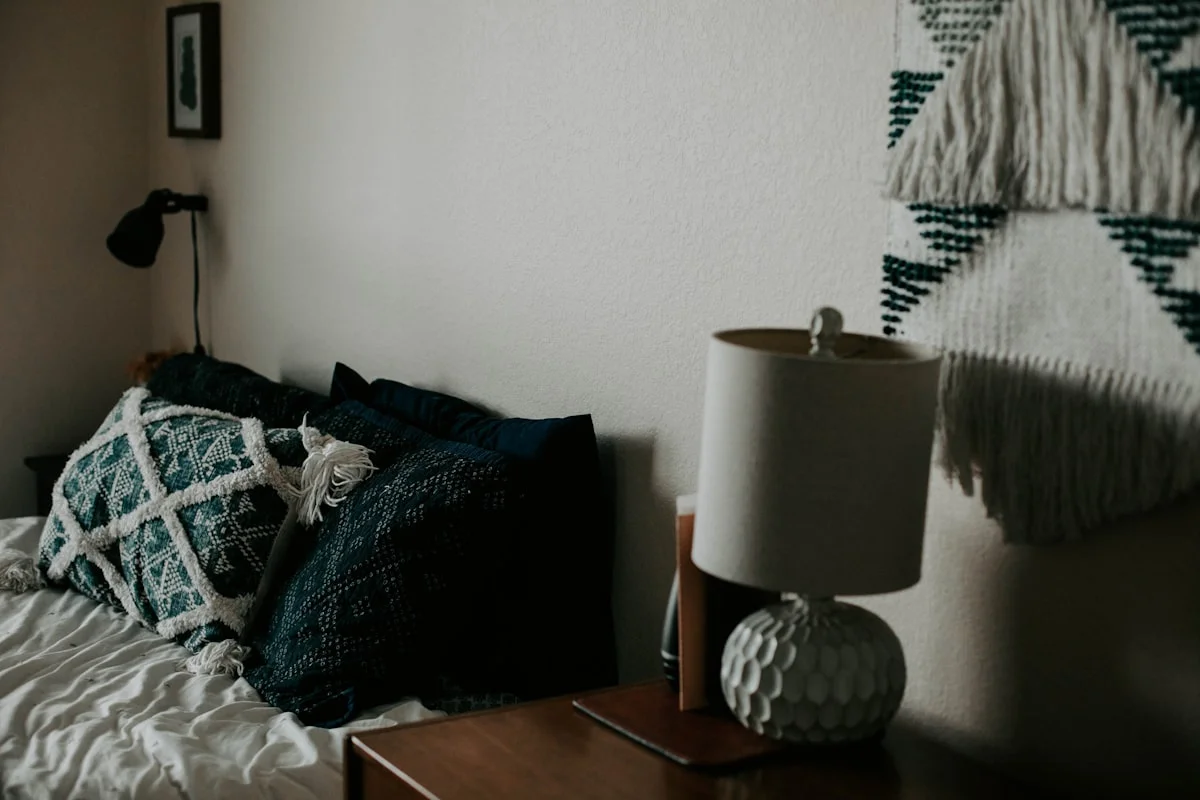# How to Create a First Apartment Budget in 2025
Why a First Apartment Budget Is Essential
Moving into your first apartment is an exciting milestone, but without a solid financial plan, expenses can quickly spiral out of control. Creating a first apartment budget helps you manage costs, avoid debt, and live comfortably within your means. Whether you’re renting solo or with roommates, a well-structured first apartment budget ensures you cover essentials like rent, utilities, groceries, and unexpected expenses while still saving for the future. In this guide, we’ll walk you through the steps to build a realistic and sustainable budget for your new home in 2025.
Step 1: Calculate Your Monthly Income
Before allocating funds for rent, groceries, or utilities, you need a clear understanding of your monthly income. Include all reliable sources, such as your salary, freelance work, side gigs, or financial aid if you’re a student. If your income fluctuates, base your first apartment budget on the lowest expected monthly amount to avoid overspending. This conservative approach ensures you won’t fall short when bills are due.
Step 2: Estimate Fixed Expenses
Fixed expenses are recurring costs that remain relatively stable each month. The biggest one is typically rent, which should ideally not exceed 30% of your income. Other fixed expenses may include renter’s insurance, internet, phone bills, and subscription services. List these out and deduct them from your income to see how much remains for variable and discretionary spending. Sticking to this framework prevents financial strain and keeps your first apartment budget balanced.
Step 3: Account for Variable Costs
Unlike fixed expenses, variable costs can change monthly. Utilities like electricity, water, and gas often fluctuate based on usage. Groceries, transportation, and household supplies also fall into this category. To estimate these, track your spending for a few weeks or research average costs in your area. Allocating a buffer for unexpected increases ensures your first apartment budget remains flexible and realistic.
Step 4: Plan for One-Time Moving Expenses
Many first-time renters overlook upfront costs like security deposits, moving truck rentals, or furniture purchases. These one-time expenses can strain your finances if unplanned. Set aside savings specifically for moving costs before signing a lease. If possible, borrow or buy secondhand furniture to minimize initial outlays. Including these in your first apartment budget prevents last-minute financial stress.
Step 5: Build an Emergency Fund
Life is unpredictable, and unexpected expenses—like car repairs or medical bills—can derail your finances. Experts recommend saving at least three to six months’ worth of living expenses. Even if you start small, consistently setting aside a portion of your income strengthens your first apartment budget and provides peace of mind. Treat your emergency fund as a non-negotiable expense, just like rent or utilities.
Step 6: Prioritize Debt Repayment
If you have student loans, credit card debt, or other obligations, factor them into your budget. High-interest debt can quickly accumulate, so allocate a portion of your income toward repayment each month. Prioritizing debt reduces long-term financial burdens and frees up more disposable income for other goals. A well-planned first apartment budget balances current needs with future financial health.
Step 7: Track and Adjust Your Budget Regularly
A budget isn’t static—it should evolve as your income, expenses, and priorities change. Use budgeting apps or spreadsheets to monitor spending and identify areas for improvement. If you consistently overspend in one category, adjust allocations or find ways to cut costs. Regularly reviewing your first apartment budget ensures it remains effective and aligned with your financial goals.
Common Budgeting Mistakes to Avoid
First-time renters often underestimate costs like utilities, groceries, or transportation. Others forget to account for leisure activities, leading to overspending. Avoid these pitfalls by researching local living expenses and being honest about your spending habits. A realistic first apartment budget includes all aspects of daily life, from necessities to occasional treats.
Final Tips for Sticking to Your Budget
Automate savings and bill payments to avoid late fees. Cook at home instead of dining out frequently, and shop sales for household essentials. If possible, split costs with roommates to reduce rent and utility burdens. Small, consistent efforts make it easier to stay within your first apartment budget while still enjoying your new independence.
Conclusion: Your Path to Financial Confidence
Creating a first apartment budget is the foundation for a stress-free and financially secure living experience. By calculating income, tracking expenses, and planning for emergencies, you’ll build habits that serve you well beyond 2025. Remember, budgeting isn’t about restriction—it’s about making informed choices that empower you to live comfortably and achieve your long-term goals. Start today, and take control of your financial future.

